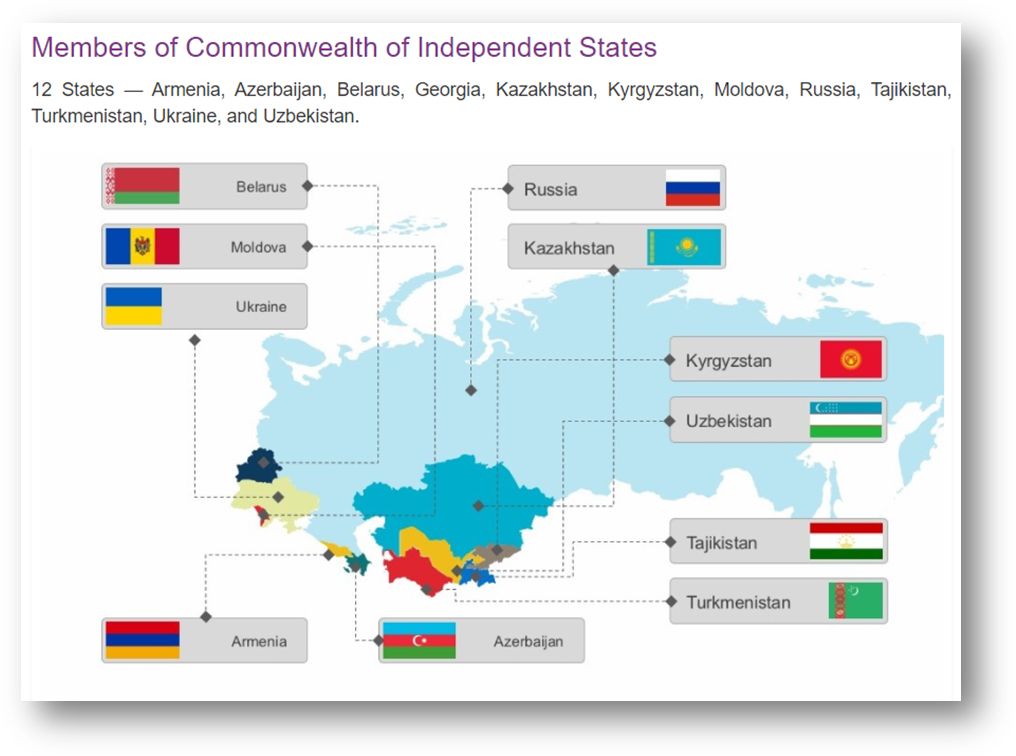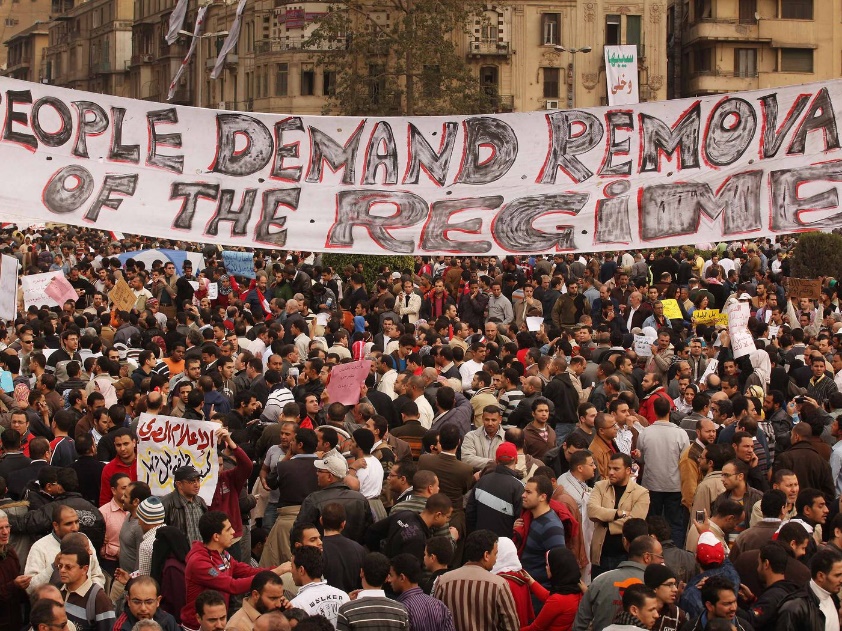- Books Name
- Education Vision Political Science Book
- Publication
- PathSet Publications
- Course
- CBSE Class 12
- Subject
- Political Science
DEMOCRATIC POLITICS AND DEMOCRATIZATION
1.Commonwealth of Independent States (CIS)

- CIS -> Commonwealth of Independent states
- Established on: 8th December 1991
- History:
In December 1991, Russia, Belarus and Ukraine formed a regional organization known as intergovernmental commonwealth of independent states (CIS), later on joined by Armenia, Kazakhstan, Azerbaijan, Turkmenistan, Tajikistan, Uzbekistan, Moldova and Kyrgyzstan.
↓
The objective of the formation of CIS was to cooperate on political, economic, environmental and other issues.
- Features and functions of CIS:
- The CIS has its headquarters at Minsk, Belarus,
- An Executive Director heads the CIS.
- The CIS is not a successor country to the Soviet Union. The CIS is an organization or alliance of independent countries.
- The Commonwealth of Independent States (CIS) meets periodically on a rotating basis at the capitals of the Member Countries.
- The CIS performs its activities based on the CIS Charter which was signed in 1993 in order to set up various institutions of the CIS and their rules and functions.
- It also mentions that the Commonwealth of Independent States shall serve in developing and strengthening trust, mutual understanding, friendship, Inter-ethnic accord and cooperation between the member states.
2.Arab Spring

- The 21st century witnessed emergence of new developments for democracies and democratization in West Asian countries, one such event is characterized as Arab Spring that began in 2009.
- Located in Tunisia, the Arab Spring took its roots where the struggle against corruption, unemployment and poverty was started by the public which turned into a political movement because the people considered the existing problems as outcome of autocratic dictatorship.
- The demand for democracy that started in Tunisia spread throughout the Muslim-dominated Arab countries in West Asia.
- Hosni Mubarak, who had been in power in Egypt since 1979, also collapsed as a result of the massive democratic protests.
- In addition, the influence of Arab Spring could also be seen in Yemen, Bahrain, Libya and Syria where similar protests by the people led to democratic awakening throughout the region.
- Causes of Arab Spring were
1. Economic Causes
- The economic condition of the Middle East countries was very much deteriorating. The people were suffering from food crisis and low standard of living. Level of unemployment was increasing.
2. Social Causes
- The people did not have the social freedom to move freely or to express their opinions in the public. The government of dictator had the absolute rule over the whole society.
3. Corruption
- In Middle East countries the corruption was at its height during this this time. The business elites collaborated with the regime to exploit the masses
4. Rebellion
- Within a month of the downfall of Tunisian dictatorship in 2011, the protests spread to almost every Arab country, as people revolted, though with varying intensity, but the media helped to a great extent to give further encouragement to the rebellion.
5.Sudden cause
- The death of Mohammed Bouazizi, the street hawker of Tunisia led the inhabitants of Arab states to go against the despotic rulers. He committed the self-immolation as a protest in December, 2010, when his goods were taken away and he was humiliated at the hands of a female municipal officer.
- Result of Arab Spring:
6. Removal of Authoritarian rulers from Tunisia, Libya and Egypt-
- Most of the Middle Eastern countries were being ruled by the authoritarian rulers. Many of them ruled for decades so, after the revolt these despotic rulers were being removed from their thrones.
7. Political and Social Rights
- The rulers of Oman, Saudi Arabia, Morocco and Bahrain granted social and economic rights to their citizens.
8. Development of Public Political Sphere
- Arab Springs marked the formation of a public political sphere where common masses could discuss politics openly in the public places.
9. Emergence of democracy
- The revolt was a successful attempt at bringing democratic ideals in the Middle Eastern countries. The people got freedom from all the despotic shackles after long drawn war against it.

 PathSet Publications
PathSet Publications
